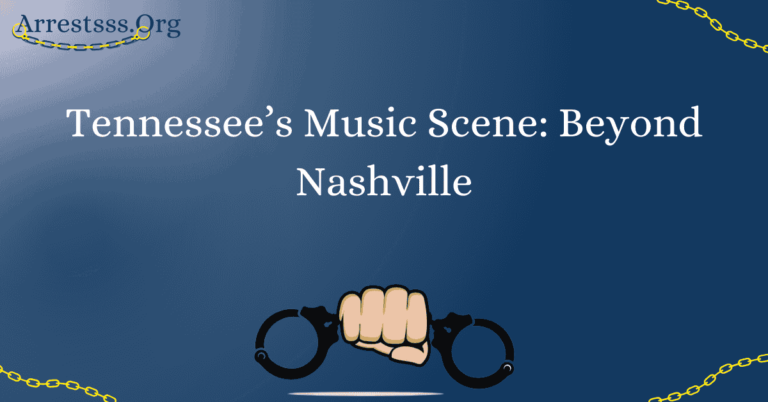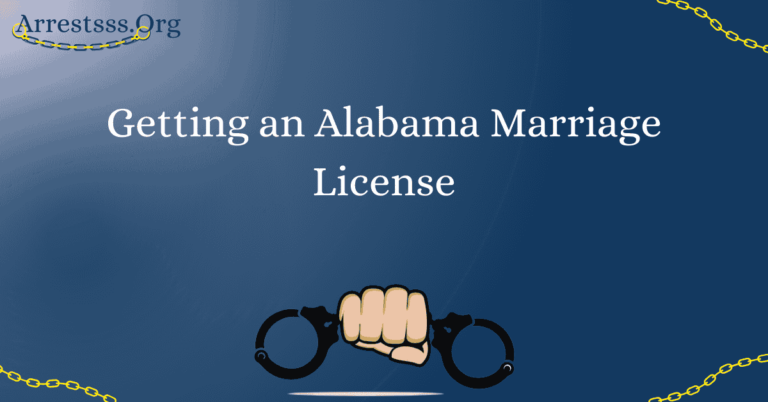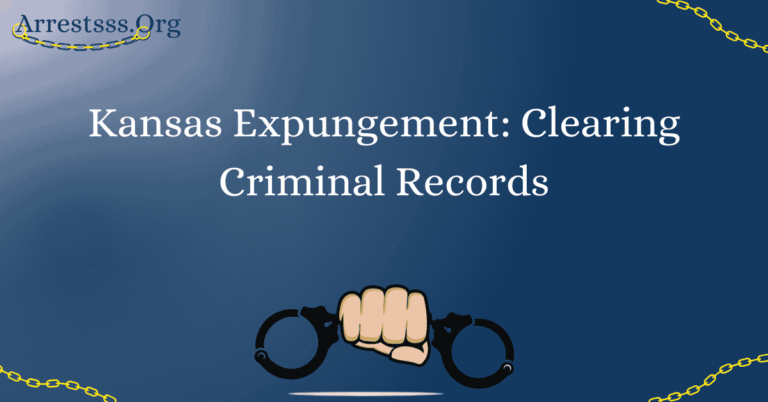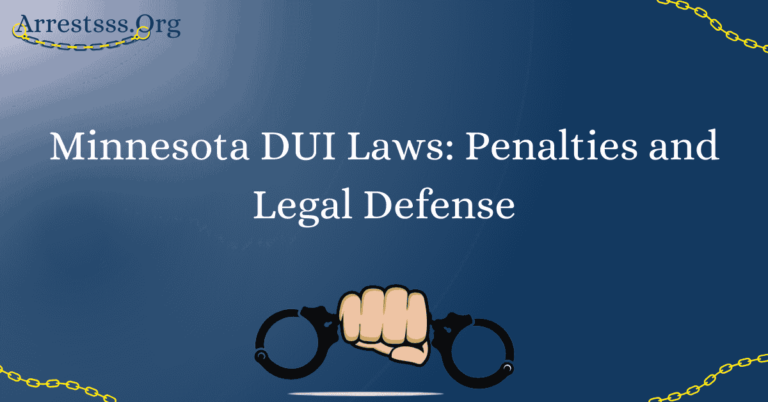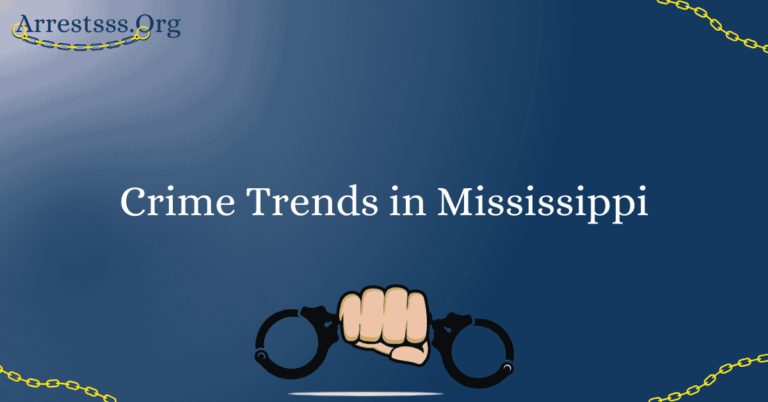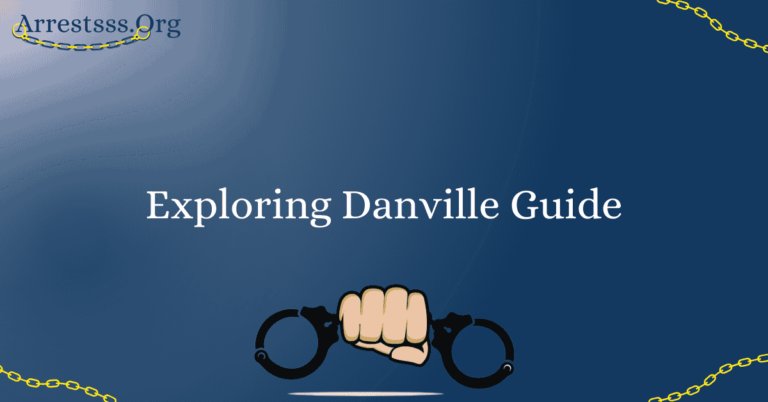Illinois Traffic Tickets: Paying Fines and Contesting
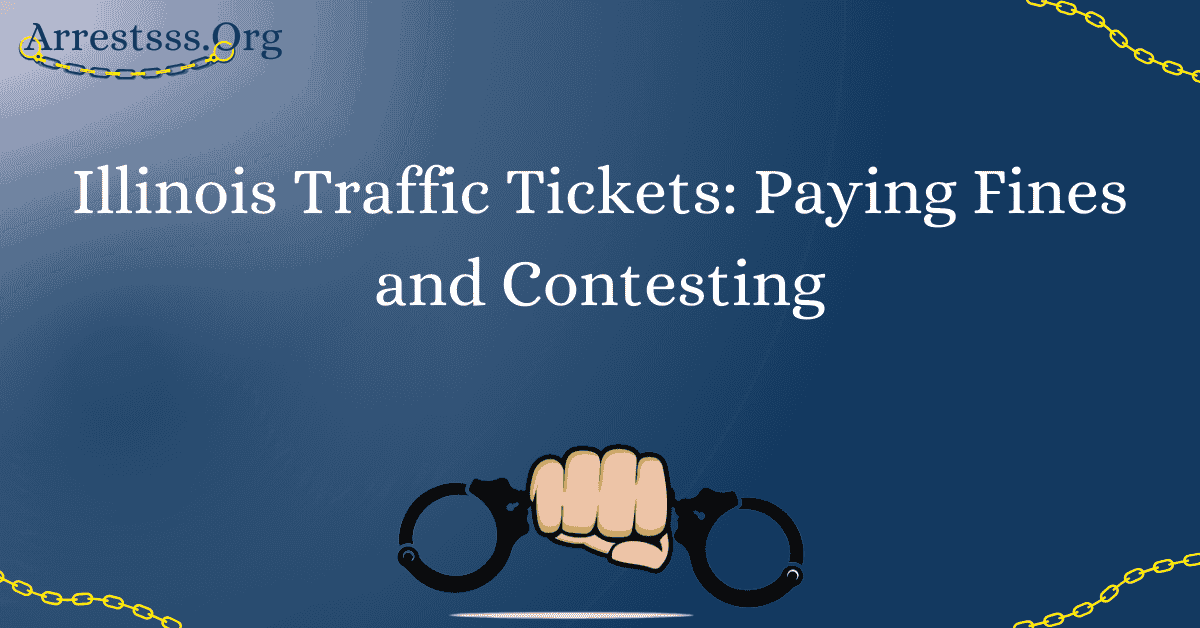
Dealing with Illinois traffic tickets can be a perplexing task, whether you’re aiming to pay fines or contemplating contesting the ticket. This comprehensive guide will walk you through the intricacies of managing Illinois State traffic citations, covering everything from payment options to contesting procedures.
Payment Options for Illinois Traffic Tickets
When it comes to settling your Illinois traffic ticket fines, you have multiple convenient payment methods at your disposal. The Illinois Department of Transportation (IDOT) facilitates this process by offering several options:
Online Payment: You can pay your fine swiftly and conveniently through the official Illinois ePay portal. Ensure you have the necessary information from your ticket.
Payment by Mail: If you prefer traditional methods, you can send your payment by mail to the specified address on your ticket. Be sure to include all required details and adhere to any deadlines.
In-Person Payment: Local courthouses accept in-person payments, providing a face-to-face option for resolving your traffic citation. Check the local guidelines for hours of operation and payment methods accepted.
It’s essential to note that payment procedures may vary depending on the county where you received the ticket. Always refer to the specific guidelines provided to ensure a seamless payment process.
Consequences of Non-Payment
Neglecting to pay your Illinois traffic ticket fines can lead to various adverse consequences that extend beyond the initial fine:
Additional Penalties: Non-payment often incurs additional fines and penalties, significantly increasing the financial burden of the ticket.
Driver’s License Suspension: Failure to address your traffic citation could result in the suspension of your driver’s license, rendering it illegal for you to operate a motor vehicle in Illinois.
Insurance Rate Increases: Some insurance providers may raise your premiums following a traffic violation, affecting your long-term insurance costs.
To avoid these repercussions, it is crucial to promptly address your traffic ticket by paying the fine within the specified timeframe.
Contesting an Illinois Traffic Ticket
Before embarking on the journey of contesting an Illinois traffic ticket, it’s essential to evaluate whether it’s a viable option for your situation. Contesting a ticket can be time-consuming and may necessitate legal assistance, but it can also save you from fines, penalties, and insurance rate hikes.
Is Contesting Worth It?
Contesting a traffic ticket can be a strategic decision, but it isn’t suitable for every case. Factors to consider include the circumstances surrounding your citation and your chances of successfully contesting it. Weigh the pros and cons before proceeding with the contestation process.
Steps to Contesting a Ticket
Contesting an Illinois traffic ticket involves several key steps, each crucial to your chances of success. These steps typically include:
Pleading Not Guilty: Begin by officially pleading not guilty to the traffic violation. This initiates the contestation process.
Gathering Evidence: Collect compelling evidence to support your case. This may include witness statements, photographs, or other relevant documentation.
Attending a Court Hearing: Prepare to attend a court hearing where you’ll present your case before a judge. It’s advisable to seek legal counsel to navigate the complexities of the legal system effectively.
FAQ’s
Can I contest a traffic ticket if I believe it was issued unfairly?
Yes, contesting a traffic ticket is indeed an option if you firmly believe it was unjustly issued. It’s vital to gather compelling evidence that supports your case. This might include witness statements, photographs, or any other relevant documentation that can help prove your innocence. In some instances, seeking legal counsel from an experienced attorney can significantly enhance your chances of success in contesting the ticket.
What happens if I miss the deadline for paying my traffic ticket?
Missing the deadline for paying your traffic ticket fines can lead to a series of increasingly severe consequences. Initially, you may face additional fines and penalties, further increasing the financial burden of the citation. Moreover, the authorities may take action to suspend your driver’s license, making it illegal for you to operate a motor vehicle in Illinois. Additionally, your insurance rates could rise as some providers might view a traffic violation as an increased risk, impacting your long-term insurance costs. To avoid these potential repercussions, it is crucial to act promptly and ensure you address the ticket within the specified timeframe.
Is it advisable to represent myself in traffic court when contesting a ticket?
While representing yourself in traffic court is indeed possible, it’s essential to consider the complexity of your case and your familiarity with legal procedures. Traffic court proceedings can be intricate, and the outcome of your case may have significant consequences. Therefore, it’s often recommended, especially for more complex cases, to seek legal assistance. An experienced attorney can provide valuable guidance, improve your understanding of the legal process, and advocate on your behalf, increasing the likelihood of a favorable outcome.
Do all Illinois counties have the same procedures for handling traffic tickets?
No, the specific procedures and guidelines for handling traffic tickets may vary from one county to another in Illinois. It’s essential to recognize that each county may have its own set of rules and regulations governing traffic citations. To ensure that you adhere to the correct procedures and comply with the law, it’s imperative to check the regulations in the county where you received the citation. Familiarizing yourself with the specific requirements for your county can help you navigate the process more effectively.
Can contesting a traffic ticket lead to its dismissal entirely?
Contesting a traffic ticket can indeed result in various outcomes, with the possibility of dismissal being one of them. However, it’s essential to understand that the outcome of your contestation depends on multiple factors. The strength of your case, the evidence you present, and the judge’s decision all play a pivotal role in determining the final result. In some cases, your contestation efforts may lead to the complete dismissal of the ticket, sparing you from fines, penalties, and potential insurance rate increases. However, it’s important to consult with an attorney and carefully prepare your case to maximize your chances of a favorable outcome in traffic court.

